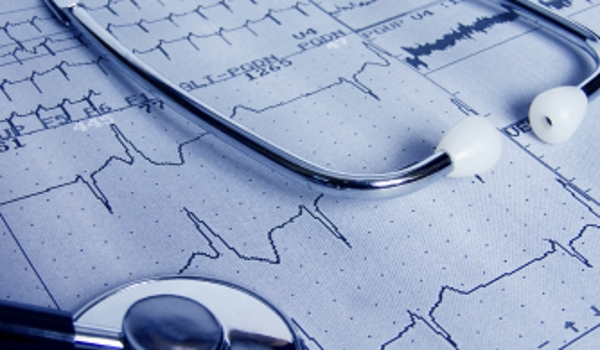
Early-Morning Training - Best Before or After Breakfast?
A plethora of research supports the contention that individuals engaged in regular exercise training require more dietary protein than sedentary individuals. But with regards to breakfast and exercise, should you train before or after eating. Well the research says… it depends.
For Fat Loss - Exercise Before Breakfast
Skipping breakfast can make you crave high-calorie food later in the day – but if you exercise before you break your overnight fast, this isn’t the case. In fact it can be beneficial for those trying to lose fat, according to research by Northumbria University. (2). You can also look at home test kits as a way of monitoring changes and effects on your body that you can't see.
Dr Emma Stevenson with Javier Gonzalez and volunteer Ben Green
The Study
Once group of participants ran on a treadmill after breakfast, while another ran without having eaten since the night before. Both groups were given a chocolate milkshake recovery drink.
The Results
Results showed those who had no breakfast did not consume additional calories or find that their appetite increased during the day. The group who exercised in a fasted state burned 20% more fat on average than those who had breakfast before working out.
For Muscle - Exercise After Breakfast
If you want to maximise the muscle-building potential of your early training session you should eat a meal containing high-quality protein before exercising, according to a study published in Medicine And Science In Sports And Exercise.
The Study
Before weight training subjects were given either 25g of whey protein in a single dose or the same amount spread out in smaller doses, replicating the way you would consume protein from a meal.
The Results
Amino acid levels remained higher in the second group during the workout demonstrating that a high-protein meal will release amino acids into your blood slowly so levels are high throughout your workout. This aids protein synthesis during and after exercise for increased muscle growth.
How Much Protein?
According to the International Society of Sports Nutrition, protein intake of 1.4 – 2.0 g/kg/day for physically active individuals is considered safe and beneficial for exercise training.
The ISSN goes on to reinforce that appropriately timed protein intake is an important component of an overall exercise training program, essential for proper recovery, immune function, and the growth and maintenance of lean body mass.(1)
References
1. International Society of Sports Nutrition position stand: protein and exercise.
2. http://www.northumbria.ac.uk/browse/ne/uninews/losefatfaster




